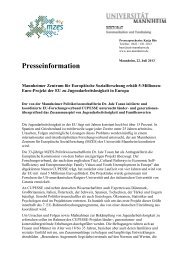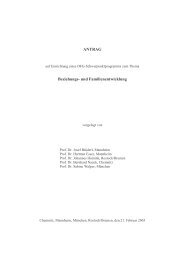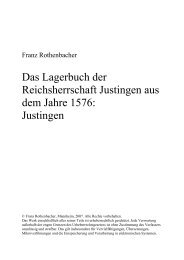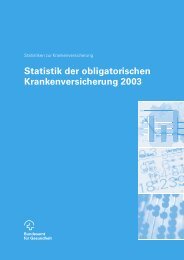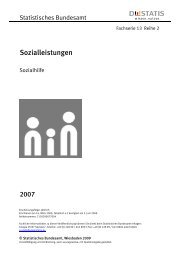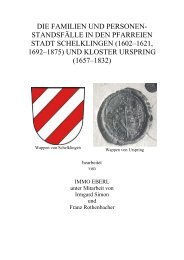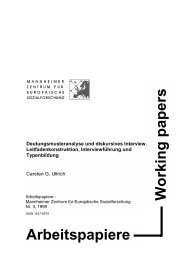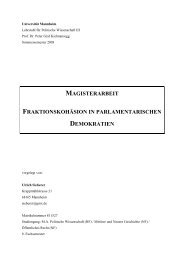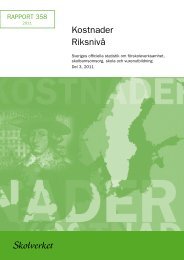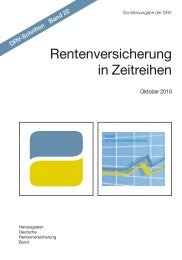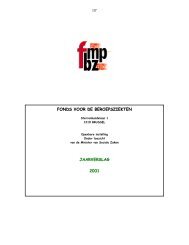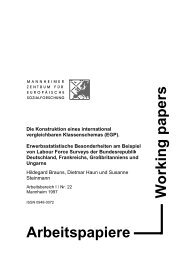Tobias Auberger and Tanja Hitzel-Cassagnes - Mzes
Tobias Auberger and Tanja Hitzel-Cassagnes - Mzes
Tobias Auberger and Tanja Hitzel-Cassagnes - Mzes
Create successful ePaper yourself
Turn your PDF publications into a flip-book with our unique Google optimized e-Paper software.
5<br />
Even in reality, as certain studies showed, things went better: The prospect of enlargement<br />
created in the first place the opportunity <strong>and</strong> practical pressure for further<br />
constitutional developments after Copenhagen. The accession process offered the<br />
chance (which was willingly used) to set up debates <strong>and</strong> dialogues about foundational<br />
constitutional principles (esp. democracy) of the Union (see Dangerfield<br />
2006, Ellison 2005, Walker 2003, Weiss 2005). The according institutional reforms<br />
were highly influenced by the vision of an enlarged Union: “The eastern enlargement<br />
influenced the constitutional developments in the EU even beyond the issue of<br />
merely institutional reforms. The political conditions for membership set at the<br />
Copenhagen summit <strong>and</strong> the importance of these values in the accession negotiations<br />
helped to stimulate the sensitivity for democracy <strong>and</strong> basic values within the<br />
EU <strong>and</strong> its constitutional order itself, which influenced the agenda at Amsterdam<br />
IGC” (Weiss 2005: 3, stress by <strong>Auberger</strong>/<strong>Hitzel</strong>-<strong>Cassagnes</strong>). In systematic terms,<br />
this quote hints at two important points. On the one h<strong>and</strong>, we should give up notions<br />
of the Enlargement as an external reference point: Enlargement (or better: the process<br />
of accession) is inevitably part of the European Constitutionalisation <strong>and</strong> vice<br />
versa. At the same time but on the other h<strong>and</strong>, if we take this internal perspective<br />
(not differentiating between in- <strong>and</strong> outsiders in a way), we can conceptually interpret<br />
the present situation as a foundational one insofar as the inclusion of “new<br />
voices” creates a new “constitutional moment” of its own. Thus, the focal point<br />
should not be the potential loss of the “old” order but the openness of constitutional<br />
processes <strong>and</strong> revisions.<br />
We want to take these introductory remarks as a starting point for introducing a normative<br />
interpretation of the Enlargement process which we will take as a conceptual background to<br />
evaluate the legal, i.e. constitutional, conflicts <strong>and</strong> developments relating to the above mentioned<br />
question of the structural impacts of enlargement (2). For the sake of clarifying the<br />
systematic <strong>and</strong> normative challenges associated with an enlarged Union we will discuss<br />
four selected issues exemplifying considerations of fragmentation, incommensurabilities<br />
<strong>and</strong> asymmetries (3).



